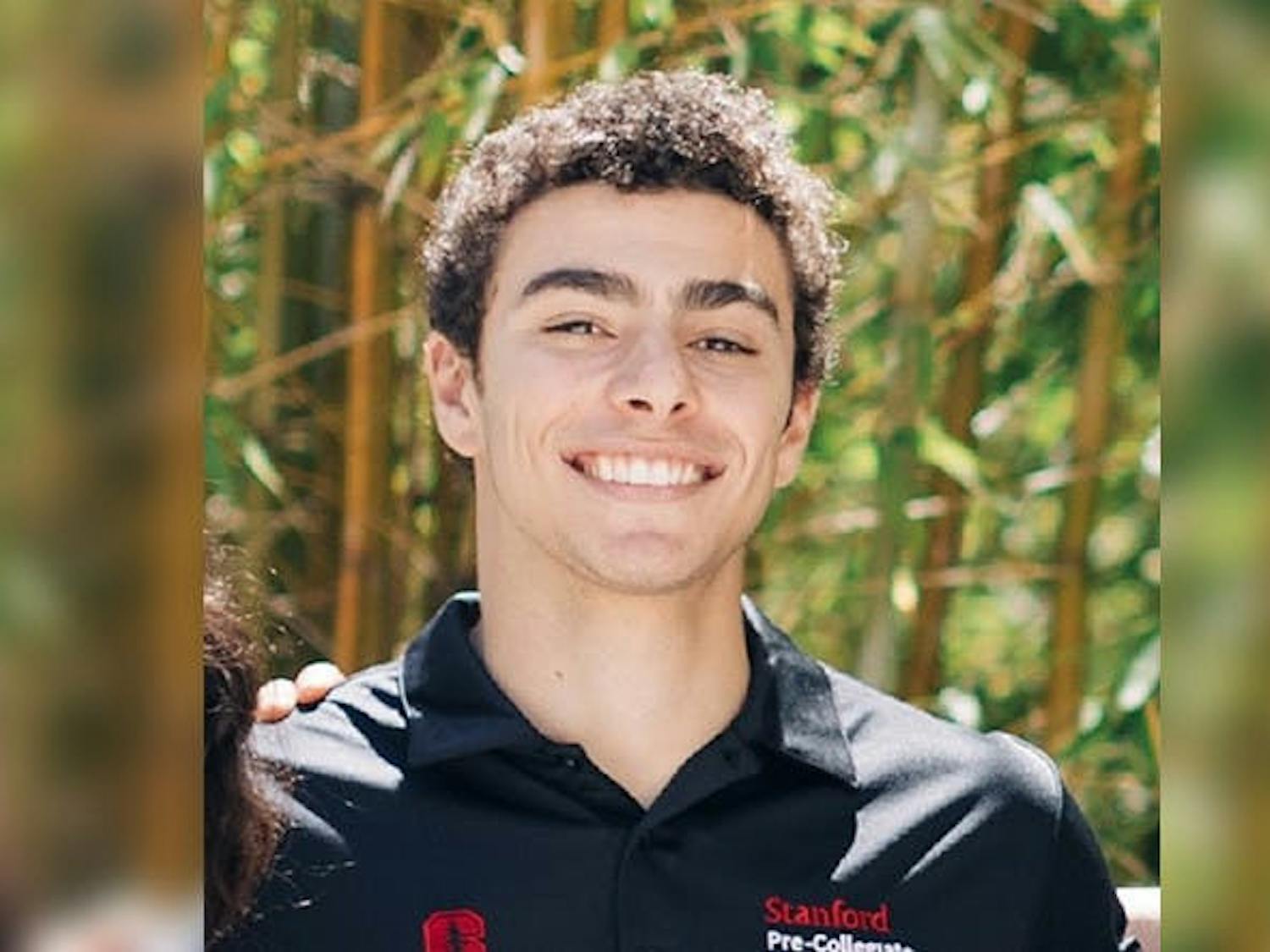If voters and council members approve, Philadelphia will join a small group of cities using cameras to police the streets -- something Penn has done for years.
City Councilman Darrell Clarke has introduced a bill that would allow voters to decide if Philadelphia should implement a video surveillance system.
If passed, the bill would allow residents to voice their opinion in a May referendum.
The bill does not specify the location of the cameras or how they would be monitored.
"It's a somewhat controversial issue," Clarke legislative aid William Carter said. "We wanted to have a vote rather than force 'Big Brother' on the city."
Penn has a video-monitoring system that includes 68 closed-circuit cameras placed throughout campus.
The Penn Police Department actively monitors cameras and has established an oversight panel of University faculty and staff and one student to monitor the release of footage and placement of cameras, Penn safety officials said.
While Penn has only installed the cameras over a few blocks, some cities have deployed this technology on a much larger scale.
Clarke visited Baltimore last year to study the city's video surveillance program and and meet with Baltimore's chief of police, who touted its effectiveness in fighting crime.
But critics have questioned the value of such programs, especially considering the potential for abuse.
Larry Frankel, legislative director of the Pennsylvania American Civil Liberties Union, said he worries that cameras may be placed "in response to political pressure" rather than need if there is no independent oversight.
Frankel testified before the City Council last April on the dangers posed by video surveillance.
And studies conducted by the California Research Bureau in 1997 and 2002 were unable to find any changes in crime rates following the installation of surveillance cameras in several U.S. cities.
Philadelphia Police Commissioner Sylvester Johnson is "looking into video surveillance" but has not endorsed its implementation at this point, according to spokesman David Rudovsky.
Carter said that he was not sure what Councilman Clarke would propose if the referendum produced inconclusive results, but guessed that "with a 60-40 majority, he would be inclined to proceed" with more legislation.
If City Council approves the use of video surveillance by the Philadelphia Police, implementation and oversight of the program would largely be out of its control, according to Carter.
"I'm not sure if the councilman has the authority to establish [an oversight] board," he added.








